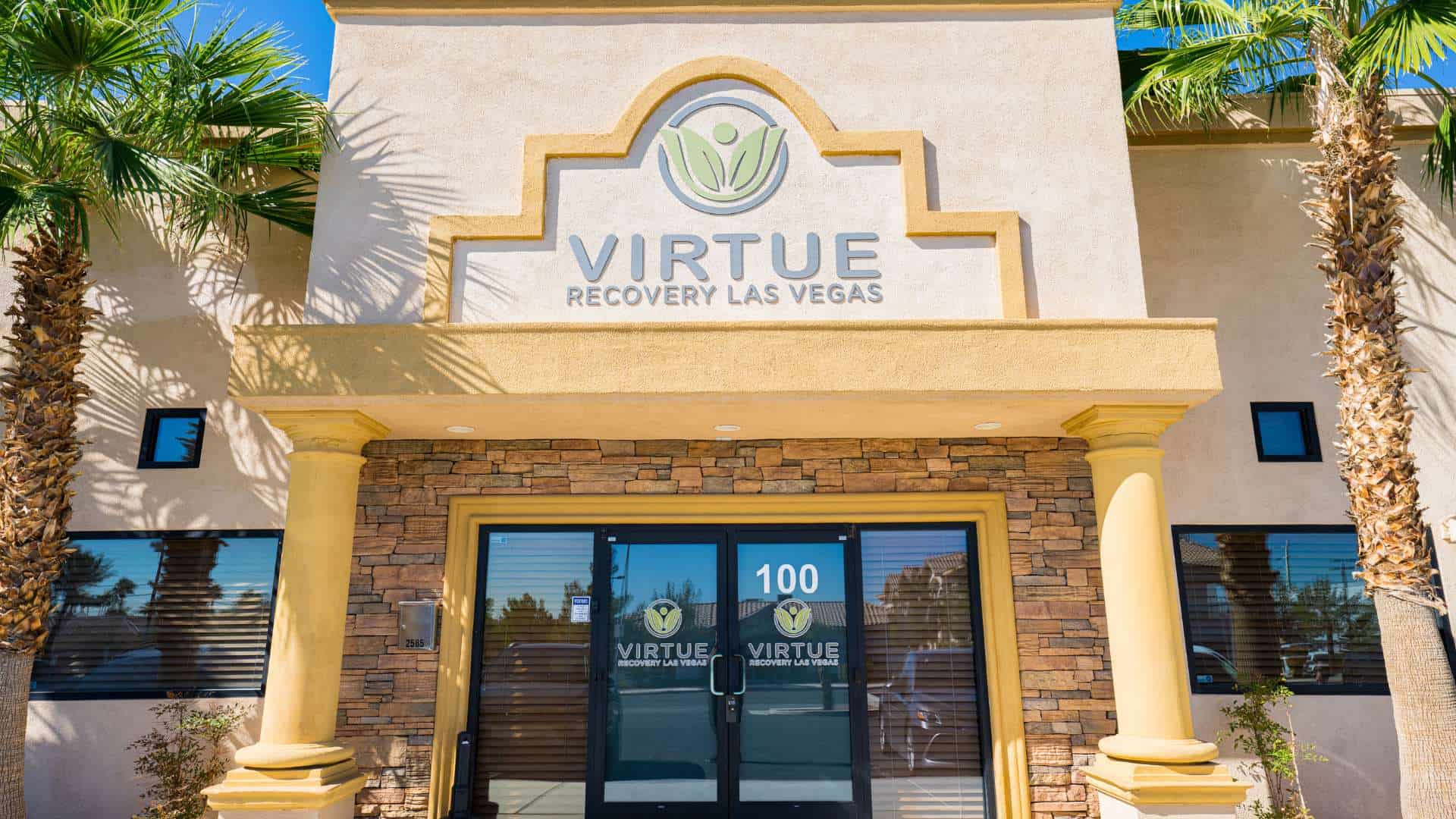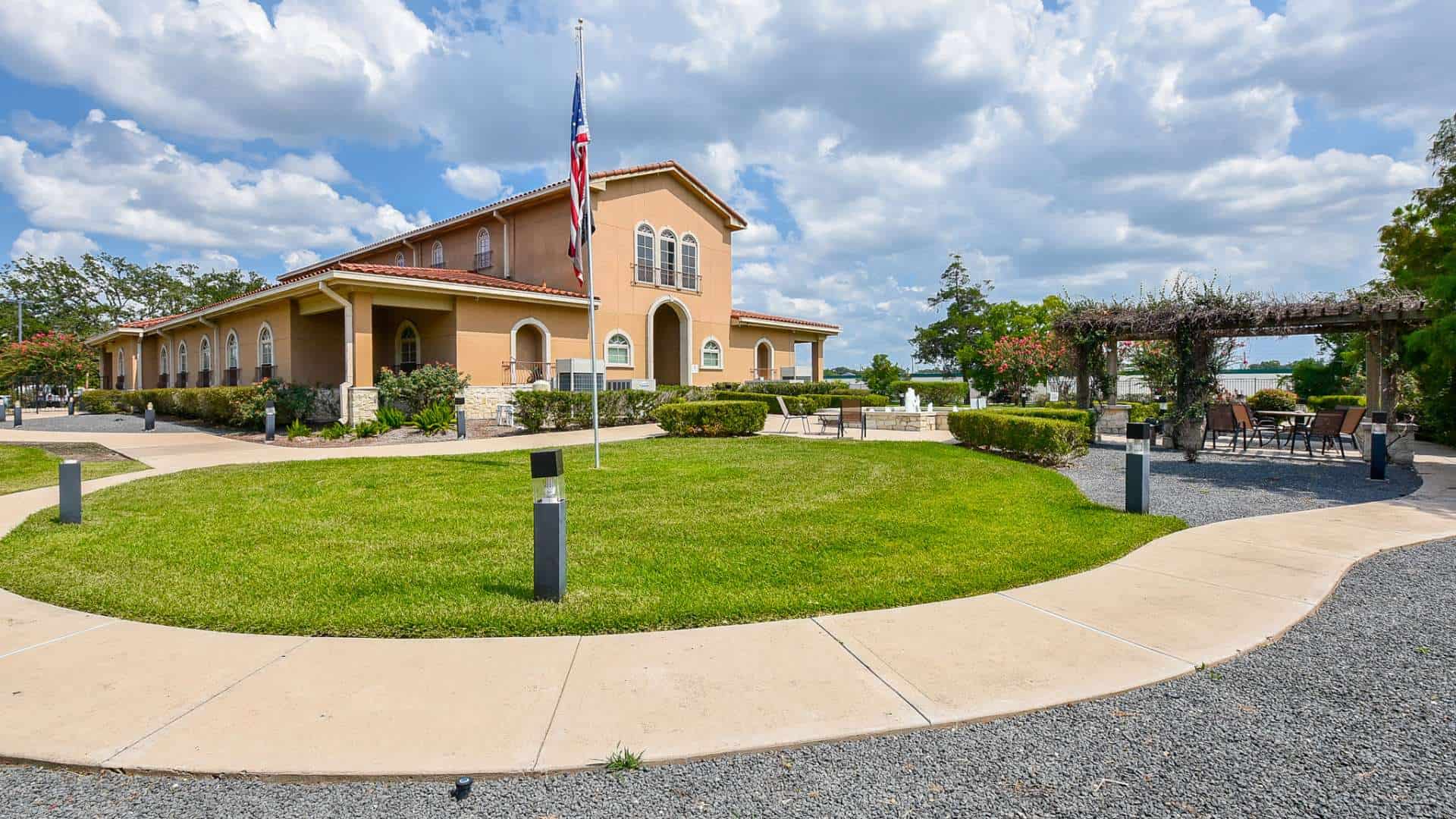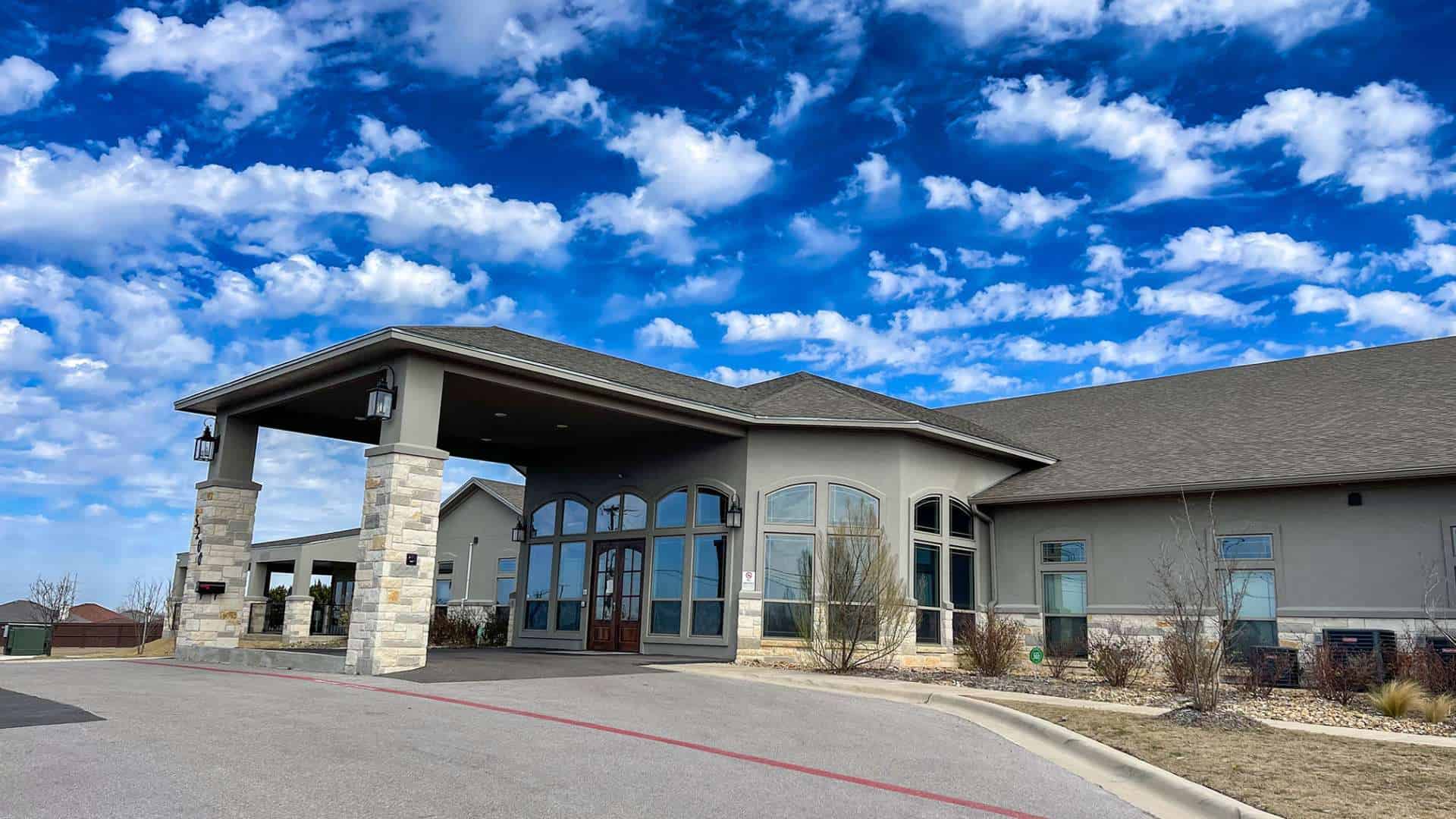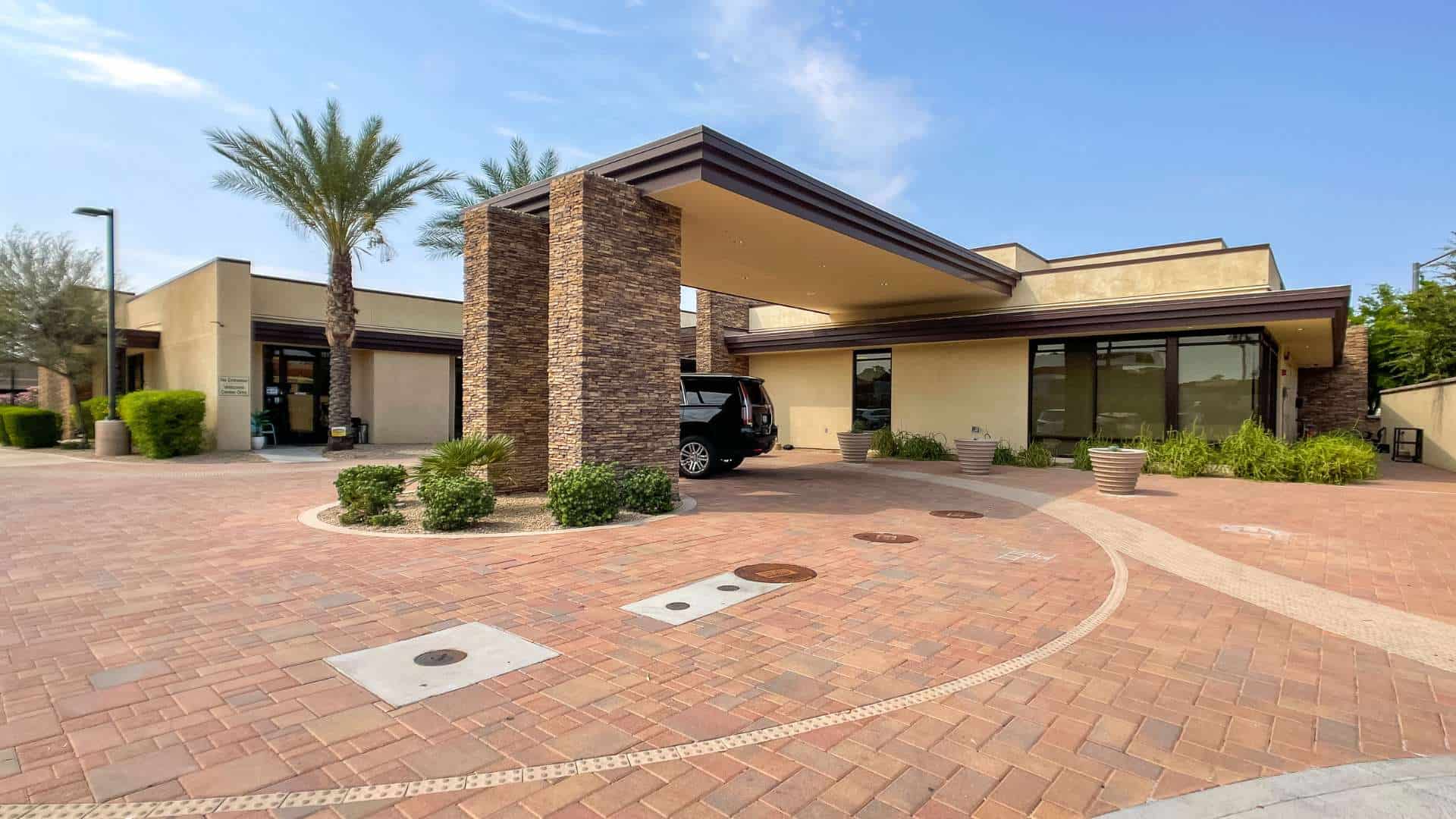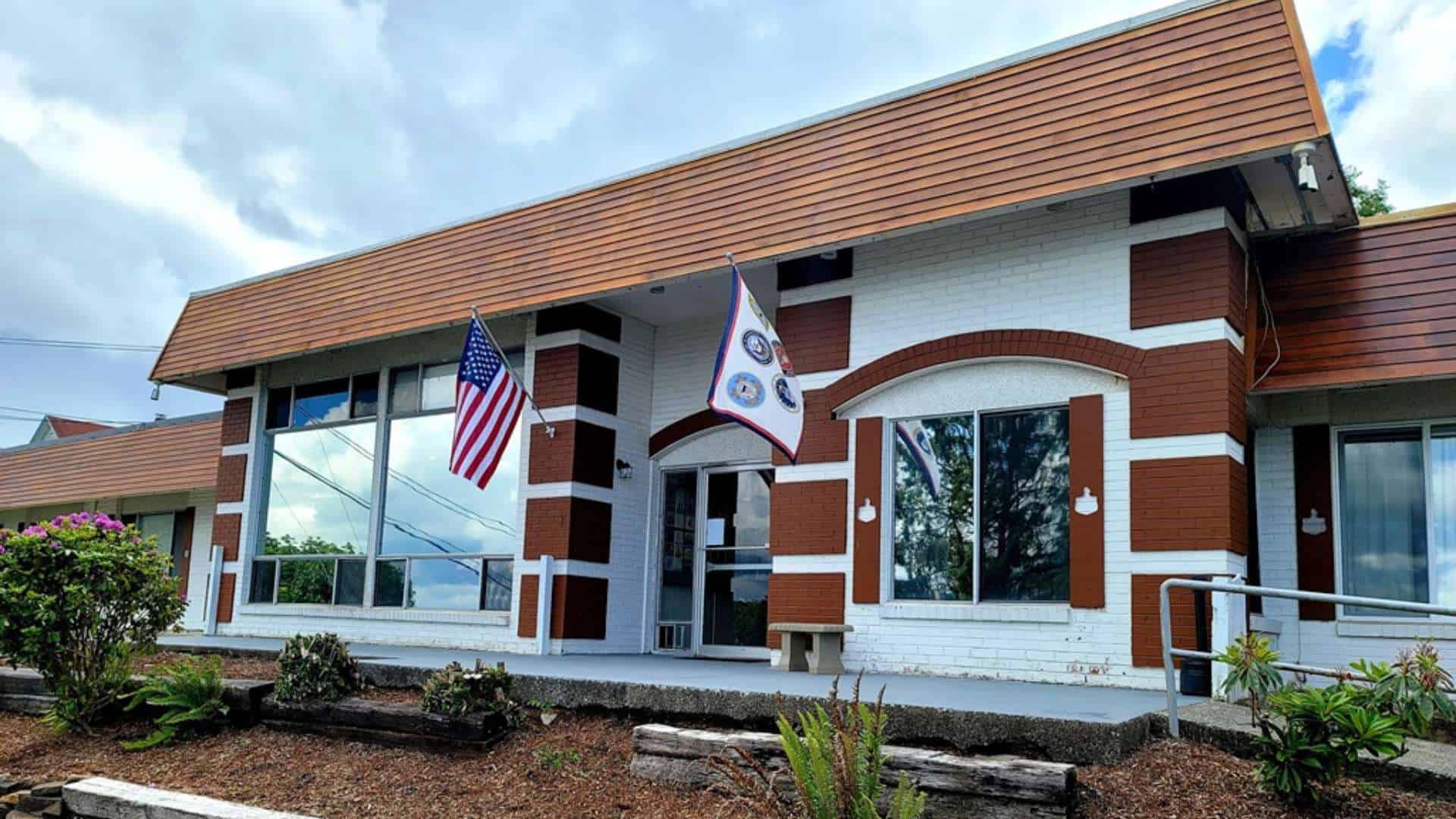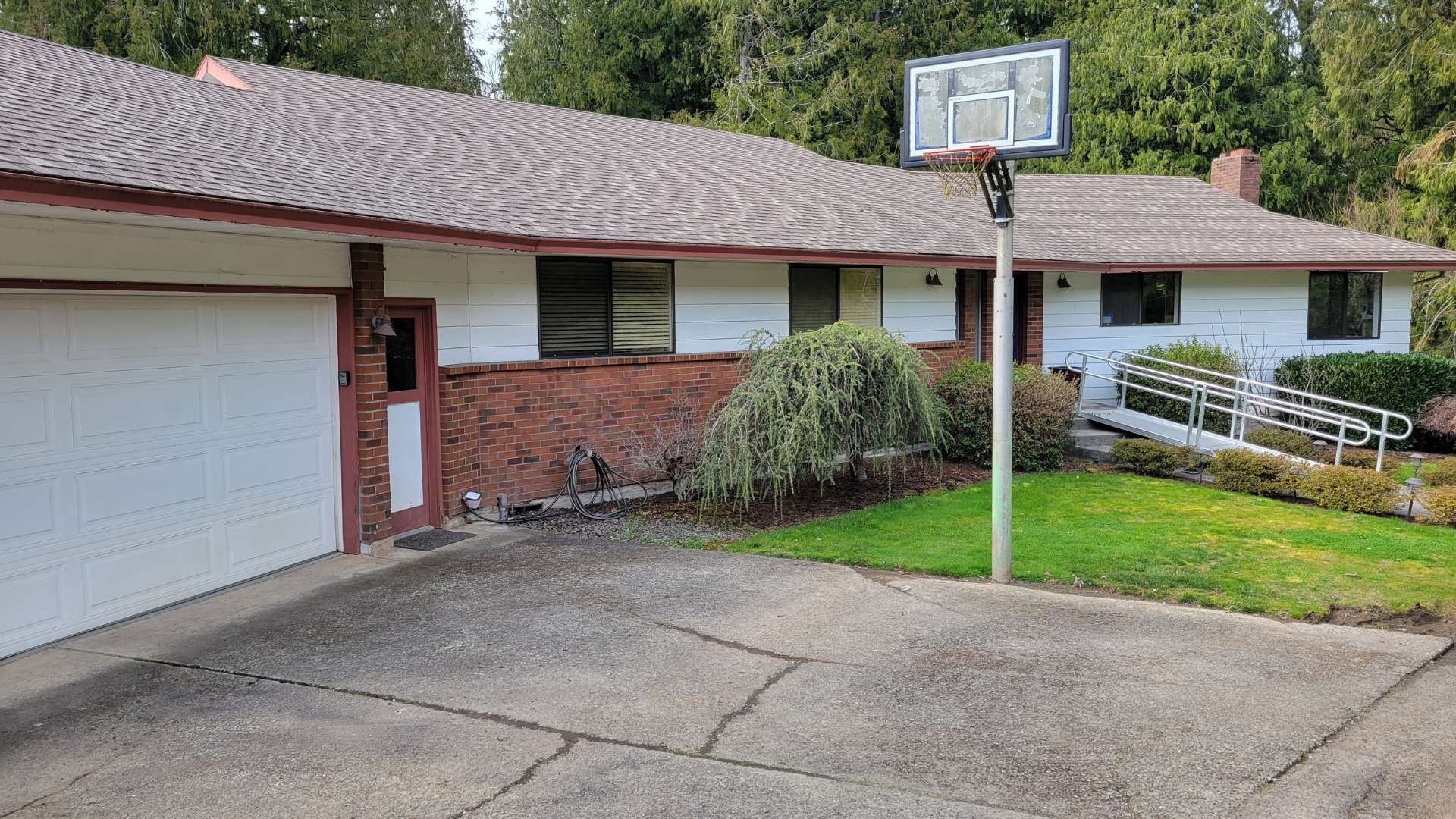Do Rehab Centers Offer Drug and Alcohol Addiction Therapy and Counseling?
Yes, rehab centers typically offer drug and alcohol addiction therapy and counseling as part of their comprehensive treatment programs. Rehab centers often have multidisciplinary teams of educated and trained professionals working together to create personalized treatment plans that address your particular needs and circumstances. They provide therapy and recovery counseling services tailored to those struggling with addiction.
These individualized addiction counseling and therapy programs aim to provide you with the necessary support and treatment to overcome substance abuse and achieve lasting recovery. Rehabilitation centers recognize the importance of combining therapy, counseling, and other evidence-based approaches to provide a comprehensive treatment experience.
These services are typically integrated into the treatment program and may include detoxification, medical care, medication-assisted treatment, holistic therapies, educational sessions, and aftercare planning to support your transition to a substance-free life.
What is Addiction Counseling?
Addiction counseling is a collaborative process between a trained counselor and someone seeking help to address addictive behaviors and develop strategies for recovery. Addiction counseling sessions typically involve active listening, empathy, and a therapeutic relationship built on trust. The counselor helps individuals explore addiction patterns, triggers, and the impact of addiction on their lives.
During addiction counseling, counselors provide education about addiction, its effects, and available treatment options. They may also assist in developing relapse prevention counseling and plans, teaching coping skills, and providing resources to support your recovery journey.
What is Addiction Therapy?
Addiction therapy is a treatment specifically designed to help individuals overcome addiction and achieve long-term recovery. It involves various therapeutic approaches and techniques to address addiction's physical, psychological, and social aspects. It’s typically provided by trained professionals in multiple settings, such as outpatient clinics, residential treatment centers, or community organizations.
The primary goal of addiction treatment therapy is to help you understand your addiction's underlying causes and triggers. Therapists work with you to explore your thoughts, emotions, and behaviors related to addiction. You can develop healthier coping mechanisms and strategies to manage cravings, triggers, and high-risk situations by gaining insight into these factors.
Substance use disorder therapy often involves individual counseling, where you have one-on-one sessions with a therapist. In these sessions, you delve into your personal experiences, struggles, and goals. Therapists provide guidance, support, and evidence-based techniques to help you navigate recovery challenges.
Group therapy for addiction is another common component bringing together individuals with similar addiction issues to share experiences, provide mutual support, and learn from one another. Group therapy offers a sense of community and reduces feelings of isolation often associated with addiction.
Family therapy is also an essential aspect of addiction therapy. It involves incorporating family members into the treatment process to address the impact of addiction on the family unit. Therapists help family members understand addiction, improve communication, and establish healthy boundaries. Family counseling in addiction treatment can provide a supportive environment for all parties involved and contribute to your recovery process.
Different therapeutic interventions for addiction may be used, such as cognitive-behavioral therapy (CBT) for addiction, motivational interviewing (MI), dialectical behavior therapy (DBT), or holistic approaches like mindfulness, yoga, or art therapy. The specific method depends on your needs, preferences, and the therapist's expertise.
Overall, addiction recovery programs aim to empower you with the resources, skills, and tools to overcome addiction, develop healthier coping mechanisms, prevent relapse, and rebuild your life.
Frequently Asked Questions (FAQ)
The terms “addiction therapy” and “addiction counseling” are sometimes used interchangeably, and it can be difficult to distinguish between them. Different professionals and treatment facilities may use varied terminology and practices. While some may use both terms interchangeably, others may make clear distinctions between the two. Nevertheless, it is worth noting some of the differences:
- Scope: Addiction therapy is a broader term encompassing various therapeutic interventions for addiction. It may include individual therapy, group therapy, family therapy, and other modalities. At the same time, substance abuse counseling specifically focuses on providing guidance, support, and education.
- Training and qualifications: Professionals providing addiction therapy and counseling are typically trained therapists or counselors specializing in addiction treatment. They have specific education, certifications, or licenses in counseling or psychotherapy. Addiction counselors, specifically, may specialize in counseling those with addiction issues.
The Department of Health and Human Services declares that in most states where substance abuse counseling licenses are available, licensed counselors must hold a master’s degree, similar to that of therapists. To obtain a license, therapists and licensed substance abuse counselors must demonstrate their knowledge of effective clinical methods through study and practical training.
- Treatment settings: Addiction therapy usually occurs in residential rehab centers and outpatient clinics that offer comprehensive treatment programs, including various therapeutic services. These programs involve a team of experts from different fields. Addiction counseling can be provided in different settings like outpatient clinics, community centers, or private practices as a standalone service or as part of a more comprehensive treatment program.
- Treatment modalities: Addiction therapy can involve different therapeutic modalities, such as cognitive-behavioral therapy (CBT), dialectical behavior therapy (DBT), motivational interviewing, or psychodynamic therapy. The specific modalities used depend on the therapist’s training and your needs. Addiction counseling often includes counseling techniques like supportive listening, psychoeducation, guidance, and skill-building to address addiction-related issues.
- Focus: Addiction therapy dives deeper into the underlying psychological, emotional, and behavioral factors contributing to addiction, exploring the root causes and providing a comprehensive approach to treatment. While addressing underlying factors, addiction counseling often focuses on immediate concerns related to addiction, such as developing coping strategies, managing cravings, and relapse prevention.
Drug and alcohol therapy and counseling costs can vary according to several factors, including your location, the type of treatment, the duration, and the credentials and experience of the healthcare professional. On average, a 30-day inpatient program may range from $5,000 to $20,000, while cognitive behavioral therapy sessions typically cost between $100 and $200 in a private practice setting.
Call 866-461-3339 to learn more about the costs associated with our evidence-based addiction recovery programs.
Many insurance plans cover addiction therapy and counseling. However, the degree of coverage may vary by insurance provider, policy, and other factors. With the passage of the Mental Health Parity and Addiction Equity Act (MHPAEA) in the United States, insurance plans are required to offer coverage for mental health and substance abuse treatment comparable to coverage for physical health conditions.
Reviewing the specific details of your insurance policy to understand the coverage provided is pertinent. Some insurance plans may limit the number of therapy sessions covered, require pre-authorization, or have specific networks of preferred providers. Additionally, different insurance plans may cover different therapy or counseling modalities.
Virtue Drug and Alcohol Recovery Center are in-network with many insurance companies, including Aetna, Blue Cross Blue Shield, and Cigna, and we can thoroughly review your policy for you. We can provide detailed information about your coverage, including any preauthorization requirements, co-pays, deductibles, and any limitations on the duration or type of counseling and therapy treatment covered. Your health insurance plan may cover outpatient rehab, inpatient rehab, luxury rehab, and dual diagnosis treatment.
Behavioral health services under the Medicaid program usually provide coverage for addiction therapy and counseling. These services may have specific limitations, such as the number of days or sessions covered, but they typically include outpatient and inpatient care, detoxification, counseling, and medication-assisted treatment. Call 866-461-3339 to determine the details of your state’s Medicaid program.
Under the Medicaid program, addiction therapy and counseling coverage vary by state, as each state has some flexibility in determining the specific services covered. However, addiction treatment is generally considered an essential health benefit, and Medicaid plans are required to cover a range of services related to substance abuse and mental health treatment.
In addition, Medicaid programs commonly request prior authorization and proof of medical necessity to approve coverage for private rehabilitation services. This typically involves submitting a treatment plan from the rehabilitation center and providing substantiated evidence that the treatment is essential for your overall health and well-being.
After addiction support counseling, you’ll typically continue your recovery journey through various means of ongoing support and maintenance. Recovery is a lifelong journey, and the steps taken after alcohol and drug addiction counselling are aimed at maintaining and supporting that journey. Ongoing support and engagement with recovery-oriented activities are vital to sustaining long-term recovery.
After drug and alcohol addiction counseling and therapy, integrating back into daily life is an essential component of the recovery process. It involves transitioning from a structured treatment environment to independent living while maintaining sobriety and implementing the skills learned during counseling. Below are some considerations for assimilating back into daily life:
- Continued support: Establishing a solid support system is vital. This may include engaging in support groups, maintaining contact with a sponsor or mentor, attending aftercare programs, or participating in ongoing therapy sessions. Individuals who understand and support the recovery journey can provide valuable guidance and accountability.
- Healthy routines: Establishing healthy habits to maintain stability and avoid triggers is crucial. This involves creating a schedule that includes regular sleep patterns, exercise, nutritious meals, and engaging in productive activities or hobbies. Doing so can improve your overall well-being and ensure that you’re taking care of yourself both physically and mentally.
- Identifying and managing triggers: Understanding personal triggers is vital in preventing relapse. You should identify situations, people, or places that may jeopardize your sobriety and develop effective coping strategies to manage those triggers.
- Avoiding high-risk environments: In the early stages of recovery, avoiding environments associated with substance use may be beneficial. This can involve staying away from bars, clubs, parties, or social circles that revolve around drug or alcohol use.
- Building a sober support network: Surround yourself with people who support sobriety. This can be achieved by making new friends in recovery, engaging in sober activities or events, and linking up with community resources that encourage a substance-free lifestyle.
- Implementing healthy coping mechanisms: Replace unhealthy coping mechanisms with healthy alternatives. Engaging in activities such as exercise, mindfulness, journaling, or seeking emotional support can help positively manage stress and emotions.
- Addressing co-occurring issues: If there are underlying mental health issues, it is essential to continue managing them. Seek appropriate treatment and dual diagnosis counseling for overall well-being and sustained recovery.
- Celebrating milestones: Recognize and celebrate personal milestones and achievements in recovery, which can boost motivation and self-confidence. This may involve setting achievable goals, acknowledging progress, and rewarding yourself for positive changes.
While the specific steps and strategies may vary depending on your needs, circumstances, and available resources, below are some common elements that often follow addiction counseling:
- Aftercare planning: Addiction counselors often work with you to develop a personalized aftercare plan. This plan outlines the strategies, resources, and support systems to be utilized after counseling, including recommendations for ongoing therapy, support group participation, and other recovery-focused activities.
- Support group involvement: Joining support groups such as Alcoholics Anonymous (AA) or Narcotics Anonymous (NA) can provide valuable ongoing support. These groups offer a network of individuals who understand the challenges of addiction and can provide encouragement, accountability, and guidance throughout the recovery process.
- Continued therapy: Many find it beneficial to continue with ongoing mental health counseling for addiction even after completing addiction recovery programs. Regular therapy sessions can help address new challenges, maintain progress, and further explore personal growth and healing.
- Relapse prevention strategies: Addiction therapy and counseling often focus on developing relapse prevention strategies. These strategies help you recognize triggers, manage cravings, and implement healthy coping mechanisms to maintain sobriety. Continuing to employ these strategies is crucial in the post-counseling phase.
- Lifestyle changes: Recovery from addiction often involves making significant lifestyle changes, including adopting healthier habits, improving relationships, finding new hobbies and interests, and creating a supportive environment that fosters sobriety.
- Self-care and ongoing self-reflection: Taking care of oneself and practicing self-reflection are vital to maintaining recovery. This can involve regular exercise, mindfulness practices, journaling, and other activities that promote physical, mental, and emotional well-being.
- Monitoring and accountability: You may engage in ongoing monitoring programs or accountability structures. This can involve regular check-ins with a sponsor, therapist, or other trusted individuals who can help provide guidance, encouragement, support, and accountability.
- Continued education and skill-building: Learning about addiction, relapse prevention techniques, and new coping skills can be ongoing. Attending workshops and educational programs or engaging in continuing education opportunities related to addiction can help you stay informed and equipped with the latest knowledge and tools for your recovery.
Treatment Programs
Admission
"*" indicates required fields







